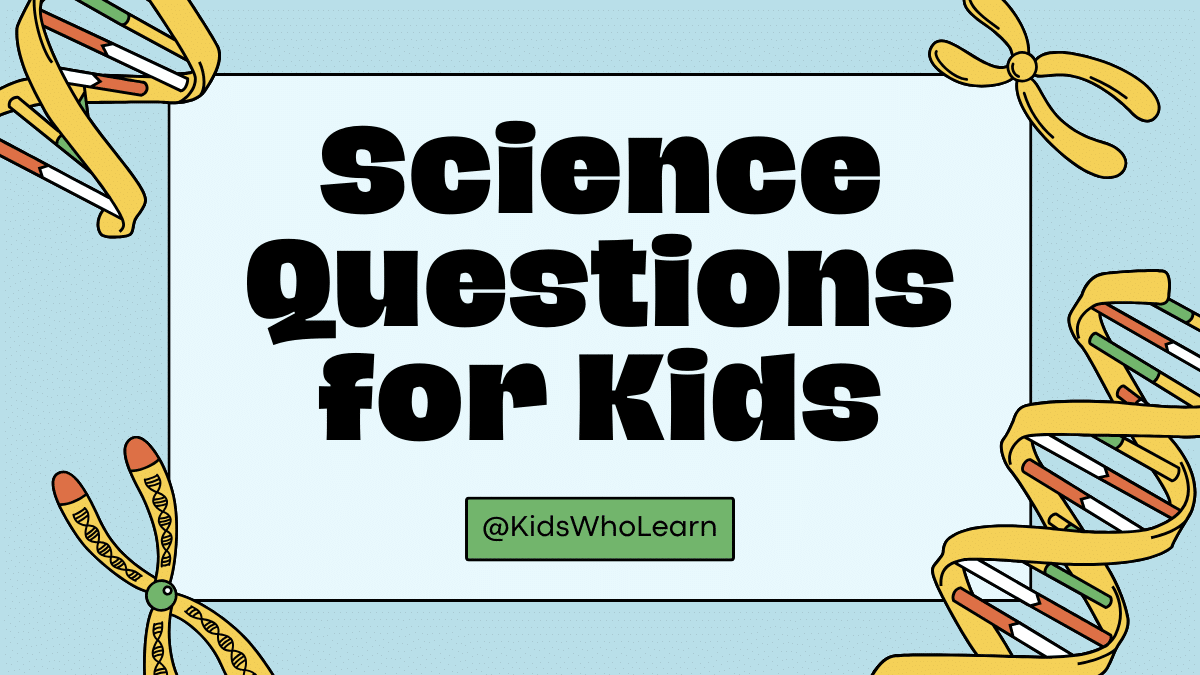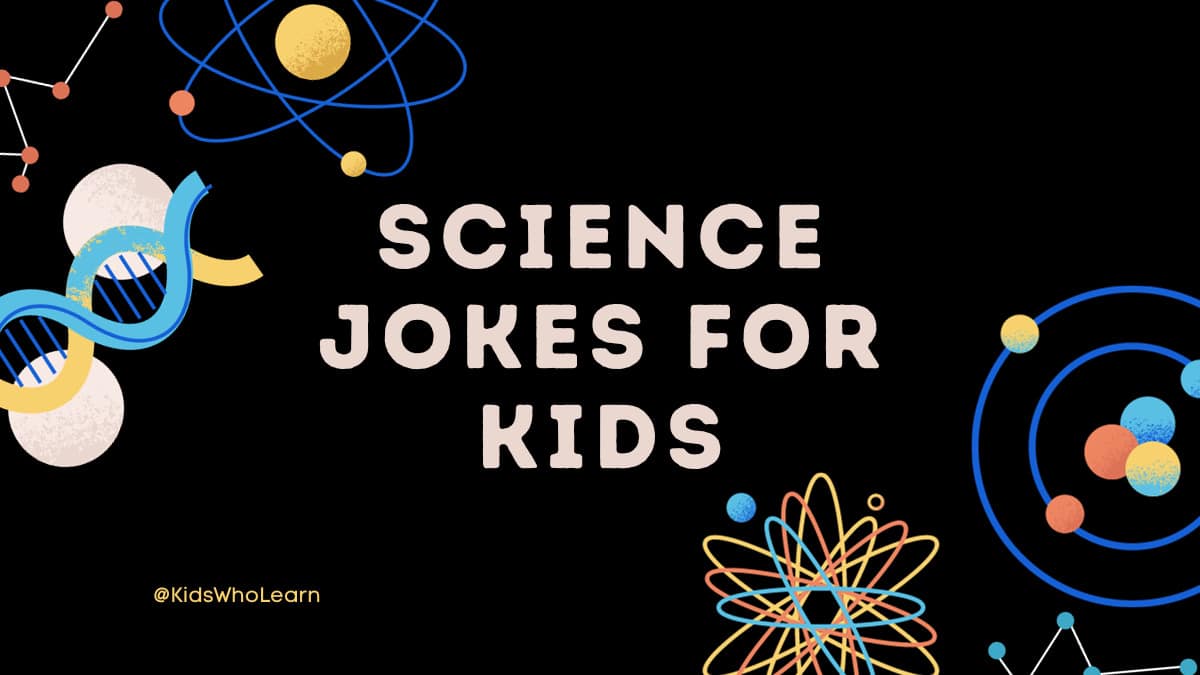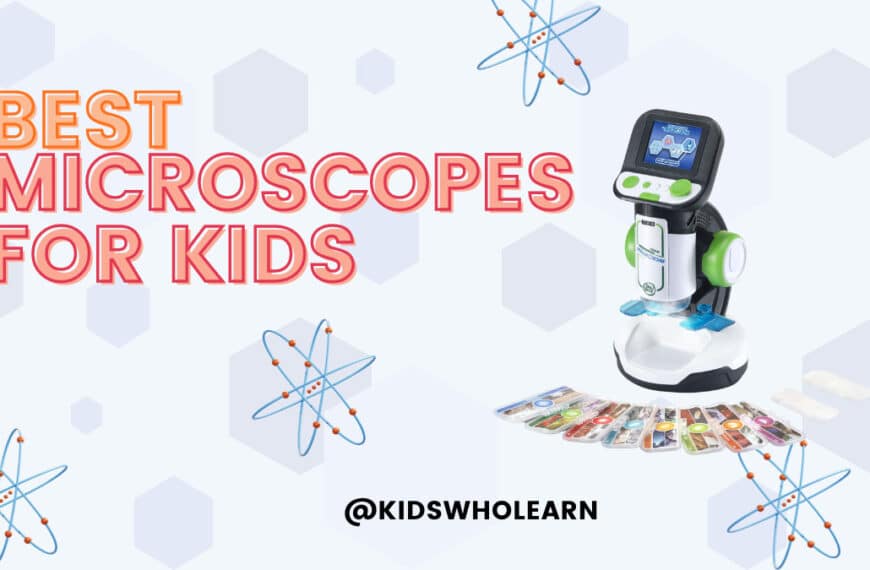Are you looking for fun and educational ways to engage your kids in science? Look no further than science questions for kids! These questions are designed to spark curiosity and encourage critical thinking in children of all ages.
Science questions for kids cover a wide range of topics, from biology and chemistry to physics and astronomy. They can be used to supplement classroom learning or as a fun activity to do at home. By asking science questions, kids can learn about the world around them and develop a deeper understanding of scientific concepts.
So why not try incorporating science questions into your daily routine? Whether it’s during mealtime, car rides, or bedtime, asking science questions is a great way to keep your kids engaged and excited about learning. With so many interesting and thought-provoking questions to choose from, science questions for kids are sure to provide hours of educational entertainment.
Basic Science Questions
As a curious kid, you may have many questions about science. In this section, we will explore some of the basic science questions that you may have.
What Is Science?
Science is the study of the natural world around us. It is a systematic approach to understanding how things work, and it involves observing, measuring, and experimenting to gather evidence. Scientists use the scientific method to test their ideas and theories, and they work to develop new theories and technologies based on their findings.
Why Do We Study Science?
Science is important because it helps us understand the world we live in. It helps us answer questions about how things work, and it allows us to develop new technologies and medicines that can improve our lives. Studying science can also help you develop critical thinking skills, which will be useful in many areas of your life.
What Are The Main Branches Of Science?
Science is a vast field that is divided into many different branches. Some of the main branches of science include:
- Biology: the study of living organisms
- Chemistry: the study of matter and its properties
- Physics: the study of matter and energy
- Earth Science: the study of the Earth and its processes
- Astronomy: the study of the universe
Each of these branches has its own subfields and areas of study, and they all work together to help us understand the natural world.
Questions About The Universe
What Is A Galaxy?
A galaxy is a massive collection of stars, gas, dust, and dark matter that is held together by gravity. There are billions of galaxies in the universe, and each one is unique. Some galaxies are spiral-shaped like our Milky Way, while others are elliptical or irregular in shape.
What Is A Black Hole?
A black hole is a region in space where the gravitational pull is so strong that nothing, not even light, can escape. Black holes form when massive stars die and their cores collapse in on themselves. They are invisible, but their presence can be detected by the way they affect nearby matter.
How Many Planets Are In The Solar System?
There are eight planets in our solar system: Mercury, Venus, Earth, Mars, Jupiter, Saturn, Uranus, and Neptune. Pluto used to be considered a planet, but it was reclassified as a dwarf planet in 2006. Each planet has its own unique characteristics and is fascinating to study.
That’s it for questions about the universe. Keep exploring and asking questions about the vast expanse beyond our planet!
Questions About Earth And Nature
Why Is The Sky Blue?
Have you ever looked up at the sky and wondered why it’s blue? The reason is actually quite simple! The Earth’s atmosphere is made up of different gases, including nitrogen and oxygen. When the sun’s light reaches the Earth, it gets scattered by these gases. Blue light has a shorter wavelength than other colors, so it gets scattered more easily. This is why the sky appears blue during the day!
How Do Plants Grow?
Plants are amazing living things that can grow from tiny seeds into big trees! But have you ever wondered how they do it? Plants need a few things to grow: sunlight, water, and nutrients from the soil. They use the energy from the sun to turn water and carbon dioxide into food through a process called photosynthesis. This food helps them grow and develop into mature plants. So next time you see a plant, remember that it’s working hard to grow and thrive!
What Causes Rain?
Rain is an essential part of our planet’s water cycle. But how does it happen? When the sun heats up the Earth’s surface, it causes water to evaporate from oceans, lakes, and rivers. This water vapor rises into the atmosphere and cools down, forming clouds. When the clouds get heavy enough, the water droplets inside them start to fall to the ground as rain. This is why rainy days often have cloudy skies! So the next time you see rain, remember that it’s all part of the Earth’s natural water cycle.
Questions About Animals
Why Do Birds Fly?
Birds fly because they have wings that allow them to soar through the air. The shape and size of their wings help them to stay in the air for longer periods of time. Birds also have strong muscles that allow them to flap their wings and generate lift. This lift helps them to stay in the air and fly to different places.
How Do Fish Breathe Underwater?
Fish have gills that allow them to breathe underwater. Gills are like filters that extract oxygen from the water and remove carbon dioxide. When fish take in water through their mouths, the water passes over their gills and oxygen is absorbed into their bloodstream. Fish then release the carbon dioxide back into the water through their gills.
Why Do Cats Purr?
Cats purr for a variety of reasons, including to show contentment, happiness, and to communicate with other cats. Purring is a vibration that cats make in their throat and chest. It can also help to soothe them when they are feeling anxious or stressed. Some cats may also purr when they are in pain or sick as a way to comfort themselves.
Remember, animals are fascinating creatures with unique characteristics that make them special. Asking questions about them is a great way to learn more about the world around you!
Questions About Human Body
Why Do We Blink?
Blinking is a reflex that helps protect our eyes from harm. Whenever something comes close to our eyes, such as dust or debris, our brain sends a signal to our eyelids to close and protect our eyes. Blinking also helps to keep our eyes moist, which is important for good vision. Did you know that on average, we blink about 15-20 times per minute?
Why Do We Yawn?
Yawning is another reflex that has puzzled scientists for a long time. One theory is that we yawn to increase the oxygen supply to our brain when we are feeling tired or bored. Another theory is that we yawn to cool our brain down. Whatever the reason, yawning is contagious and often triggers a chain reaction of yawns in a group of people.
How Does The Heart Work?
The heart is a vital organ that pumps blood throughout our body. It is made up of four chambers: the right atrium, the right ventricle, the left atrium, and the left ventricle. The right side of the heart pumps blood to the lungs where it picks up oxygen, while the left side of the heart pumps oxygen-rich blood to the rest of our body. The heart beats about 100,000 times a day and pumps around 2,000 gallons of blood!
That’s it for our human body questions. Keep exploring and asking questions!
Conclusion
Congratulations! You have learned a lot about science by exploring these questions. Remember, science is all around us and it can be fun and exciting to learn about. Here are a few key takeaways to remember:
- Science is all about asking questions and finding answers through experimentation and observation.
- There are many different branches of science, including biology, chemistry, physics, and earth science.
- Science can help us understand the world around us and solve problems.
- Anyone can be a scientist, no matter their age or background.
Keep asking questions and exploring the world around you. Who knows, you might just discover something amazing!







